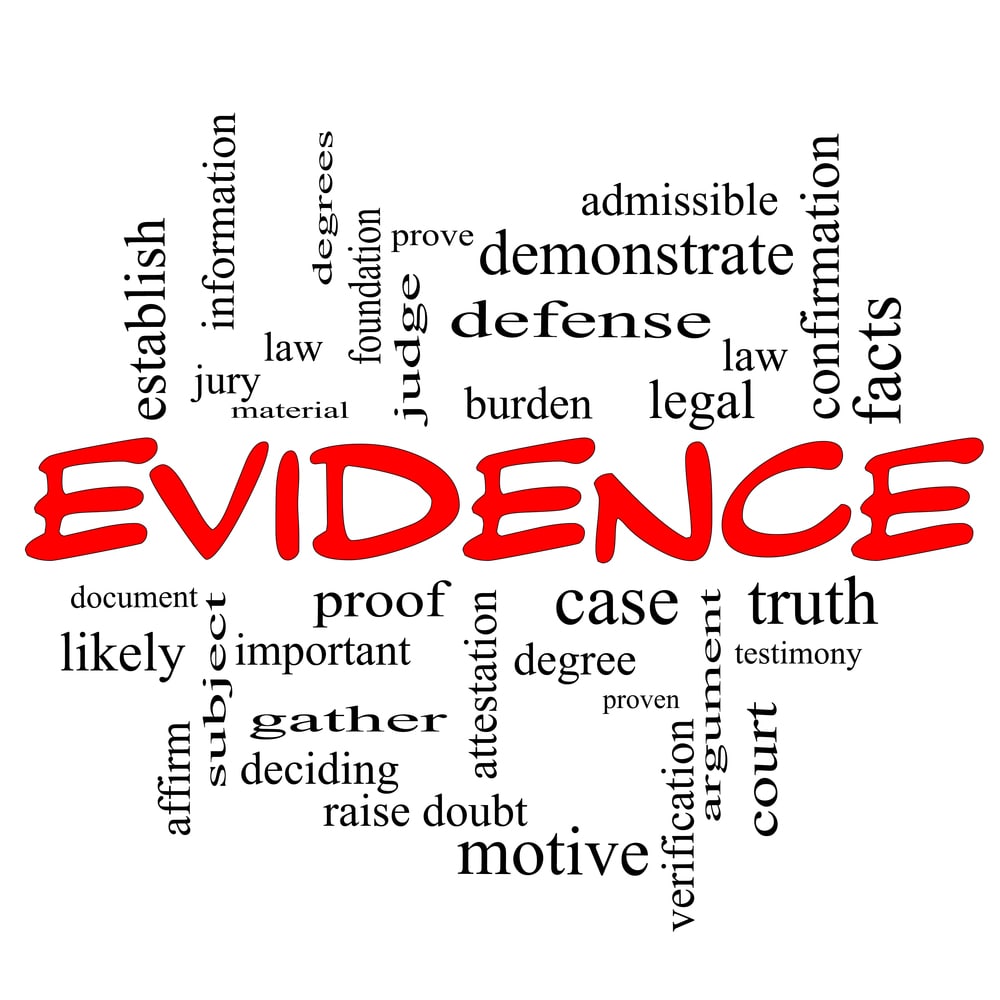Imagine being pulled over and told that a machine has just decided your fate in a DUI in Florida. One quick breath into the Intoxilyzer 8000 can lead to criminal charges, license suspension, or lasting damage to your record. Yet these results are not always as precise as they seem.
Florida courts rely on the Intoxilyzer 8000, the only breath testing device approved by the FDLE Alcohol Testing Program under Chapter 11D-8 of the Florida Administrative Code. Even so, its accuracy depends on proper calibration, trained operation, and strict compliance with testing rules. When any of these steps are mishandled, the reliability of the reading can fall apart. Understanding how breathalyzer results in Florida courts are obtained and challenged is key to protecting your rights.
This article explains the legal foundation for contesting test results, identifies common technical and procedural mistakes, and outlines how defense attorneys seek to exclude faulty evidence. It also explores what happens when those results are ruled inadmissible and how a Cocoa Beach DUI lawyer can change the course of your case.

What Challenging Breathalyzer Results Means in Florida
Challenging breathalyzer results in Florida courts means questioning whether the test was conducted properly and if it can be trusted as valid evidence. Under Florida DUI laws, officers must comply with the state’s implied consent statute outlined in Florida Statutes §316.1932 and all FDLE-approved testing procedures. When these strict standards are not followed, the breath test results can be ruled inadmissible in court.
A legal challenge reviews every stage of the process, from the initial traffic stop to the actual DUI arrest and breath test administration. Even small procedural errors can raise doubt about the reliability of the readings. The defense only needs to prove that the required steps were not substantially followed, rather than proving the test itself was completely inaccurate.
Legal Foundations for a Challenge
Florida’s Implied Consent Law (§316.1932)
Officers must have a lawful DUI arrest before asking a driver to take a breath test. They are also required to clearly explain the consequences of refusing the test under Florida DUI laws. When an officer fails to provide these advisories or lacks proper grounds for the request, the breathalyzer results can be ruled invalid.
FDLE Rules (Chapter 11D-8, F.A.C.)
These regulations govern operator certification, monthly inspections, and maintenance logs for breath-testing equipment as detailed in Rules 11D-8.002 through 11D-8.008 of the Florida Administrative Code. Each safeguard ensures the device is functioning correctly and producing accurate results. When these requirements are ignored, the scientific reliability of the test becomes questionable and may be excluded as evidence.
Substantial Compliance Standard
The state must show that all procedures were followed closely enough to ensure fairness and accuracy, a standard affirmed in State v. Miles, 775 So. 2d 950 (Fla. 2000). Even small mistakes can matter if they raise doubts about whether the results are trustworthy. This rule gives DUI defense lawyers in Florida an opportunity to expose testing errors and challenge unreliable evidence effectively.

Common Procedural Errors That Weaken Breath Results
Unlawful Stop or Arrest
A DUI case can collapse if the initial stop or arrest was unlawful.
- Lack of probable cause allows the defense to suppress all breath results.
- Bodycam footage, dispatch logs, or driving behavior records can prove the stop was unjustified.
- When the stop itself is invalid, every test result that follows may be excluded from evidence.
Improper Observation Period
Even when the stop is valid, testing errors often occur during observation.
- Officers must watch the driver continuously for at least 20 minutes before testing.
- Eating, vomiting, burping, or officer distraction during this period contaminates results.
- Video evidence from the station frequently shows breaks in observation that weaken the prosecution’s case.
Operator or Certification Problems
Accuracy also depends on proper certification and procedures.
- The test must be performed by a certified operator with a valid FDLE permit.
- Expired credentials, missing documentation, or incorrect test methods make results inadmissible.
- These technical lapses are common grounds for defense attorneys to challenge DUI evidence.
Technical and Equipment-Based Defenses
Device Maintenance or Calibration Gaps
Intoxilyzers must pass monthly inspections conducted by certified agencies, with each test fully documented and signed in accordance with Florida Administrative Code Rule 11D-8.006. Missing inspection reports, delayed calibrations, or failed maintenance checks weaken the credibility of recent test results. Courts may question the accuracy of the readings when proof of upkeep is incomplete or inconsistent.
Error Codes and Malfunctions
Frequent error messages such as “ambient fail” or “RFI detect” signal potential instability during testing. Maintenance logs and FDLE records often expose recurring faults that affect accuracy and reliability. These issues give defense attorneys a solid basis to challenge the scientific dependability of the test under DUI laws in Florida.
Mouth Alcohol or Contamination
Breath-testing devices can mistakenly measure mouth vapors instead of deep-lung air. Factors like recent drinking, cough medicine, burping, or dental work can distort results and show inflated blood alcohol levels. Reviewing timestamps, officer observations, and witness accounts helps attorneys dispute unreliable breathalyzer results in courts.
Gathering Proof and Building the Record
Subpoena Official Records
The foundation of a strong DUI defense is a complete technical record.
- Request FDLE inspection logs, registration certificates, and repair histories for the specific Intoxilyzer 8000 used.
- Obtain the operator’s certification file and any internal audit or maintenance reports.
- These documents establish whether the machine was properly maintained and legally approved for use.
Review Video and Timing Evidence
Once the paperwork is secured, review the sequence of events.
- Match timestamps from the stop, observation start, and test administration.
- Look for distractions or procedural gaps that violate the required 20-minute observation period.
- Video inconsistencies often expose compliance failures that undermine test validity.
Expert Review
Finally, consult a qualified forensic toxicologist to interpret the data.
- Experts can decode error messages, explain deviations, and test whether readings match physiological limits.
- Their testimony transforms technical flaws into persuasive courtroom evidence that challenges the prosecution’s case.

Motions and Strategies Used in Court
Motion to Suppress
A motion to suppress argues that an illegal stop, DUI arrest, or missing implied consent warning violated a defendant’s rights under Article I, Section 12 of the Florida Constitution and the Fourth Amendment of the U.S. Constitution. It seeks to exclude the breath test entirely, removing it as admissible evidence in court. When successful, this motion can significantly weaken the prosecution’s case and sometimes lead to a full dismissal.
Motion in Limine
This motion addresses the FDLE rule or operator non-compliance before the trial begins. It prevents prosecutors from mentioning the breath test results until admissibility is properly established. Experienced attorneys use this strategy to ensure jurors are not unfairly influenced by unreliable or unverified evidence.
Cross-Examination and Expert Testimony
Defense lawyers question officers about training gaps, observation lapses, or improper device handling. Expert witnesses then clarify how these weaknesses can cause false positives or unstable readings. Together, these methods help challenge questionable Florida DUI evidence and raise reasonable doubt about the reliability of the test.
Conclusion
Breath test results in Florida DUI laws are not always flawless. Their accuracy depends on lawful procedure, proper training, and fully functioning equipment. Even small mistakes in testing or documentation can alter the outcome of a case.
Acting quickly after a DUI arrest is essential because crucial evidence and maintenance records can disappear within weeks. Consulting a DUI defense lawyer ensures that your rights are protected and that every flaw in the testing process is carefully investigated.
At DeGraff Hicks Law Group, we understand how stressful a DUI arrest can be and how much is at stake. Our skilled lawyers know how to challenge unreliable test results and defend your rights under Florida DUI laws. Contact us today at (321) 44-SHARK for a free consultation with an experienced Cocoa DUI lawyer who will protect your future and guide you through every step with confidence.

